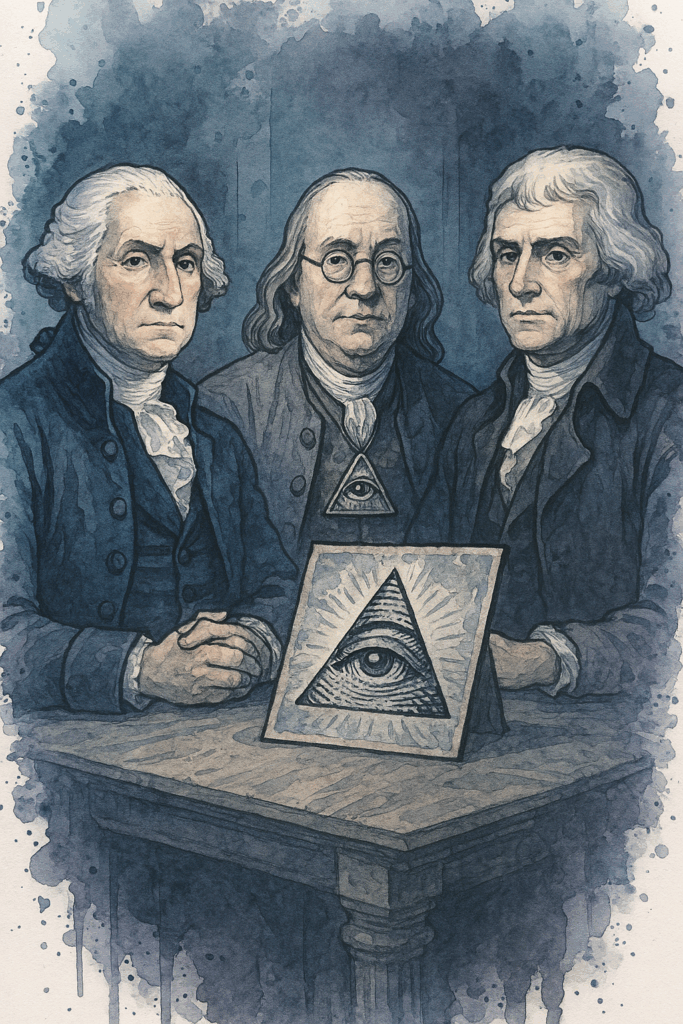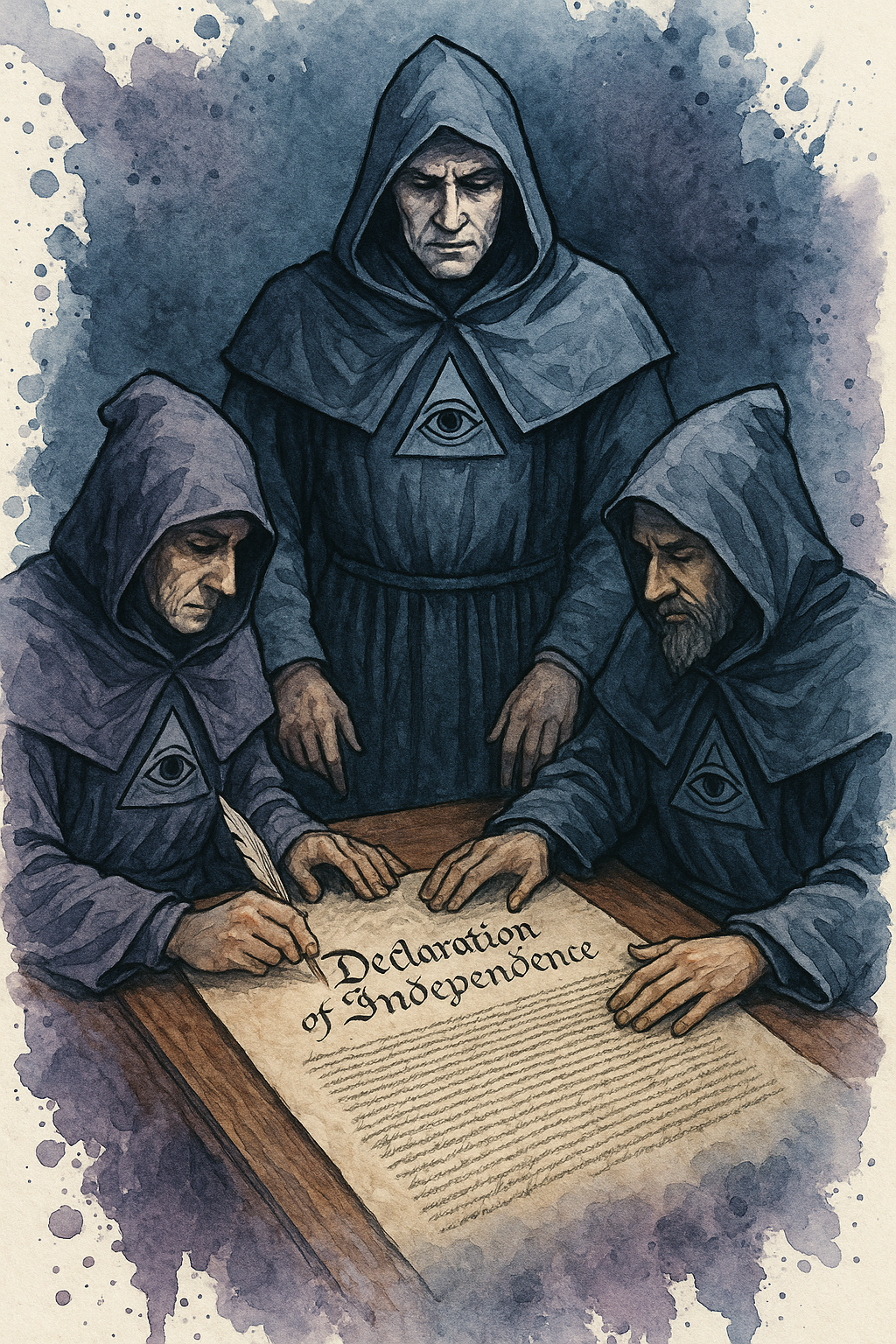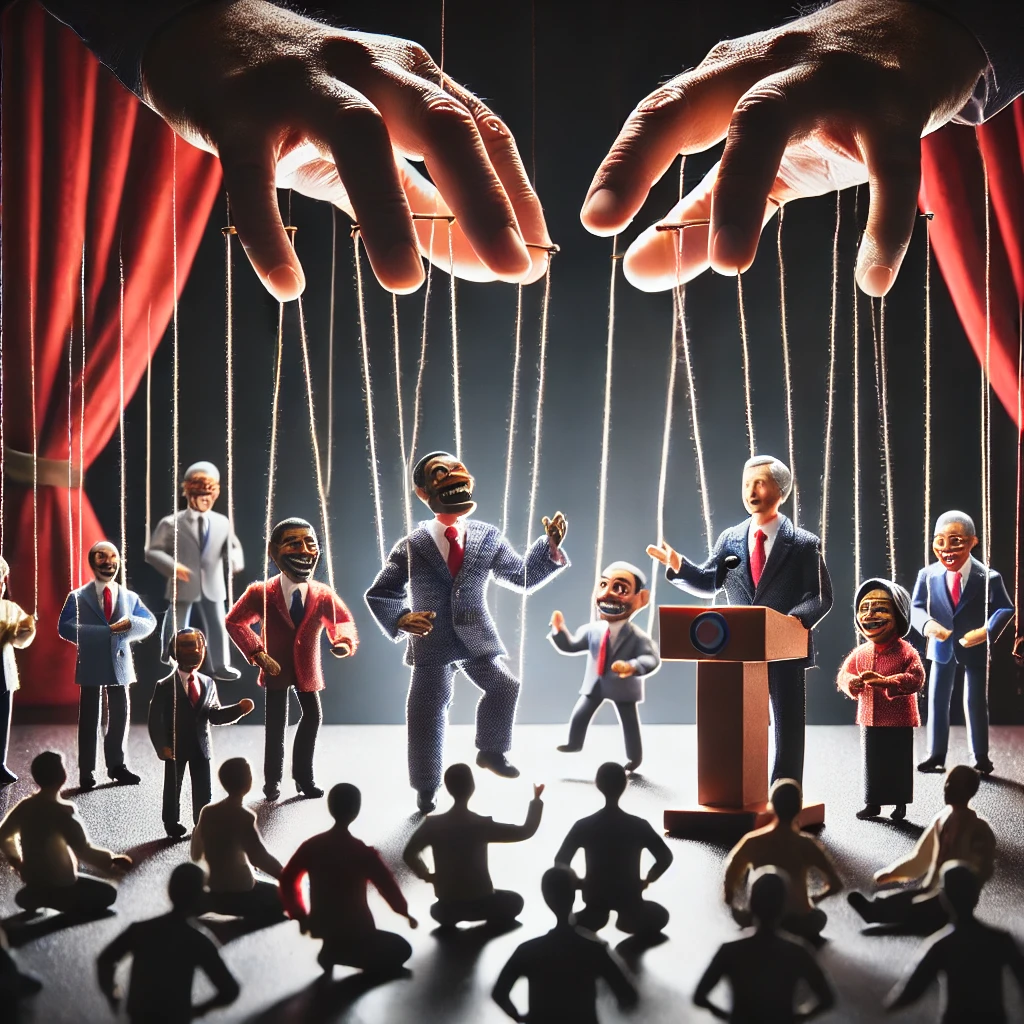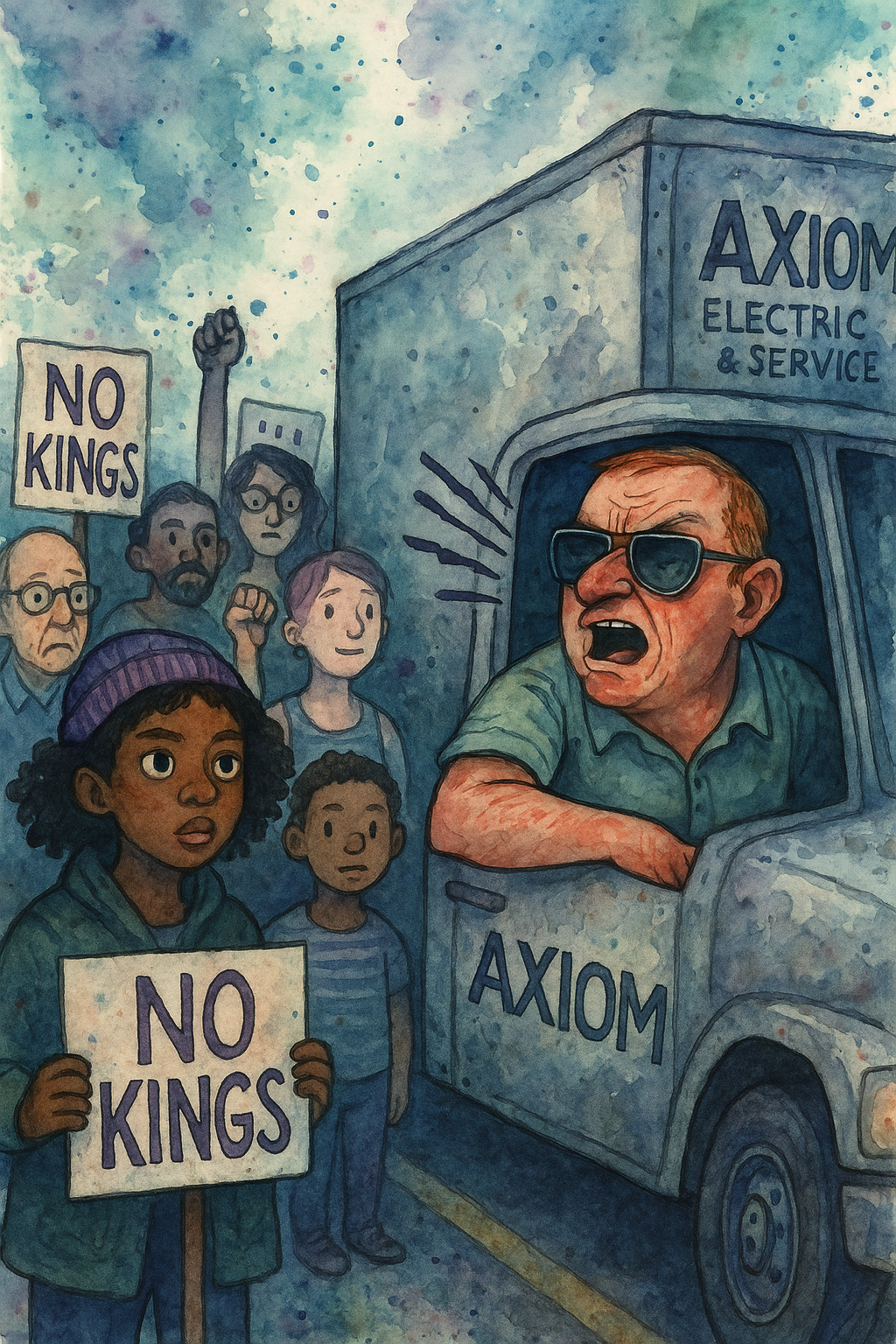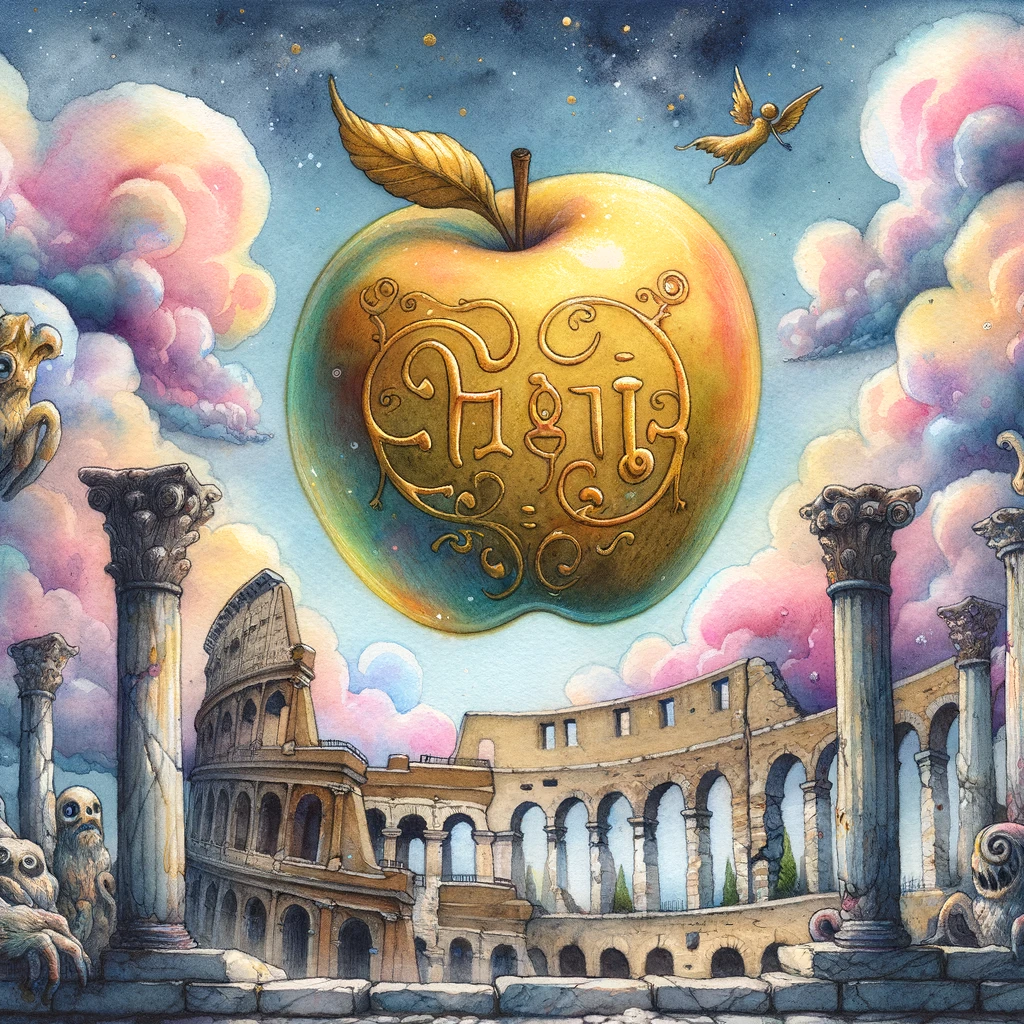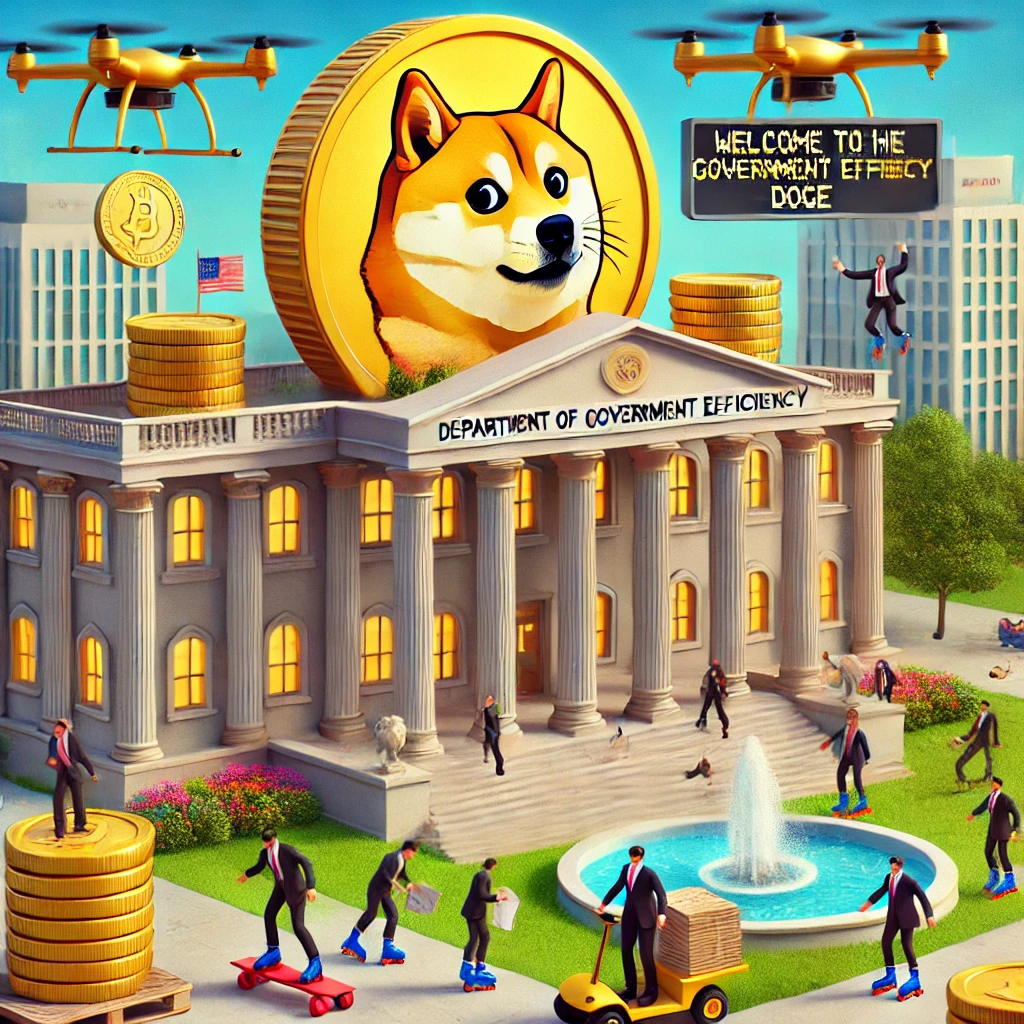In Southeast Austin, TX, there stands a quiet, unassuming building—a non-descript block with no sign announcing its occupants, adorned only with a black all-seeing pyramid facing the parking lot. I used to be affiliated with this organization. I was MIB 8096.
MIB stood for “Man in Black” (though, to be clear, some of us were women).
I left the organization of my own accord. It is not entirely coincidental that I now live a quiet, unassuming life in rural Wyoming.
Were they the Secret Masters running everything? The Illuminati? I couldn’t say with certainty. But from what I knew of them, I don’t think they would’ve chosen the current situation if they were the ones calling the shots.
But that’s not what we’re here to talk about.
Today’s topic is Enlightenment. By the end of this post, you too shall be Enlightened—if not fully Illuminated.
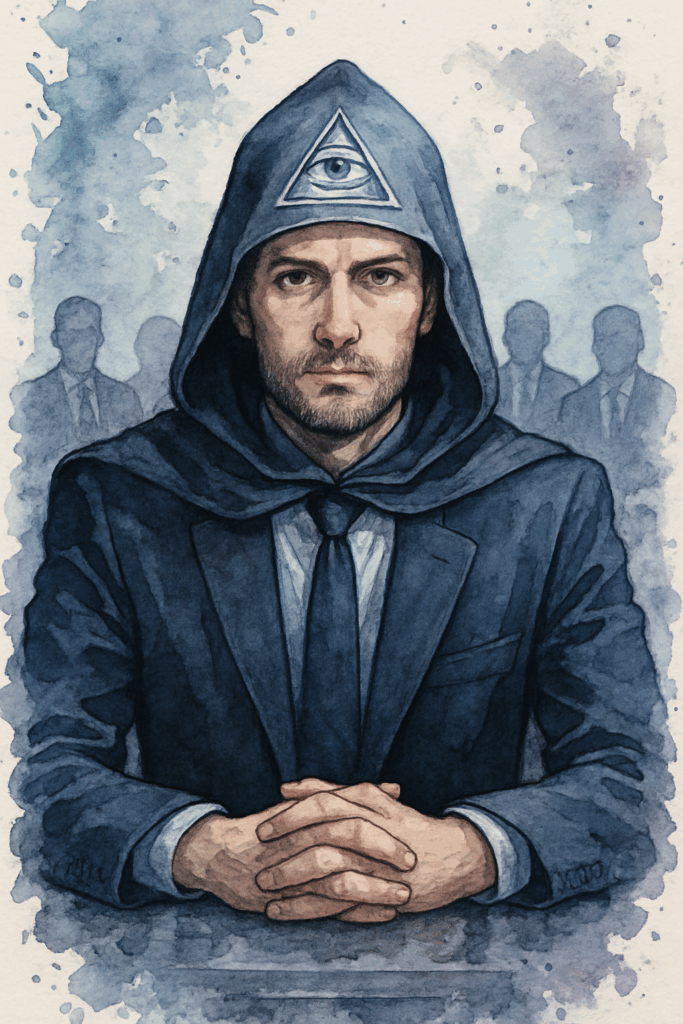
People have written whole libraries on The Enlightenment, so I’m not going to pretend I can do justice to the topic in a single blog post. But here’s the salient bit for our purposes:
The Enlightenment was about stopping the habit of blindly accepting what authority figures (Aristotle, Aquinas, Popes, Kings) said and starting the habit of gathering empirical evidence, thinking critically, and drawing logical conclusions from it.
In politics, the TL;DR is: “Maybe we should be just a tad skeptical when the guy in charge claims God handpicked him. ‘Trust me—would God’s anointed lie?’”
Instead of absolute monarchy, Enlightenment thinkers—particularly the Englishmen Thomas Hobbes and John Locke—proposed something radical: representative democracy and the social contract. That is, government derives its authority from the consent of the governed. Even monarchies, they argued, only exist because the people let them exist.
They believed in individual liberty, religious freedom, and the rule of law. They believed that some truths were so blindingly obvious they didn’t need proving—that all people are created equal, and are endowed—by whatever force, deity, or accident of biology creates us—with rights that can be infringed upon, but never taken away.
Because we are human beings.
And for no better reason than that.
We are entitled to life, liberty, and the pursuit of happiness.
If that last bit sounds familiar, it’s because it’s the thesis statement of the Declaration of Independence. The folks who founded this country 250 years ago? They were card-carrying members of the Enlightenment fan club. Say what you want about George Washington’s Masonic apron—he was one of the Illuminated.
So were Franklin and Jefferson.
Heroes of the Revolution, architects of our founding documents—these men (and let’s be honest, the women in their lives likely kept them intellectually honest) didn’t just want a new government. They wanted a better philosophy.
So when modern politicians or their sycophants start claiming certain leaders are “God’s anointed,” or that only they can fix things—when they start unilaterally rewriting the Constitution or picking and choosing which laws they want to follow—ask yourself:
What would George Washington say?
Because this ain’t it.
These people are not patriots.
This isn’t what the patriots wanted for us or our posterity.
They wrote a Constitution to promote the general welfare—not to enrich the already rich and powerful.
To establish justice—not to sell pardons like used cars or bury investigations for wealthy friends.
To ensure domestic tranquility—not to send in troops to enforce the whims of whichever guy is squatting in the Oval Office.
To secure the blessings of liberty—not to launch half-baked overseas aggression just to distract from the fact that he chickens out of everything else.
What these would-be rulers are peddling isn’t just un-American—it’s anti-American.
We don’t do kings ’round here.
And I’m fairly confident I speak for the governed when I say: we do not consent to dictatorship.
There.
Bask in the Illumination.
